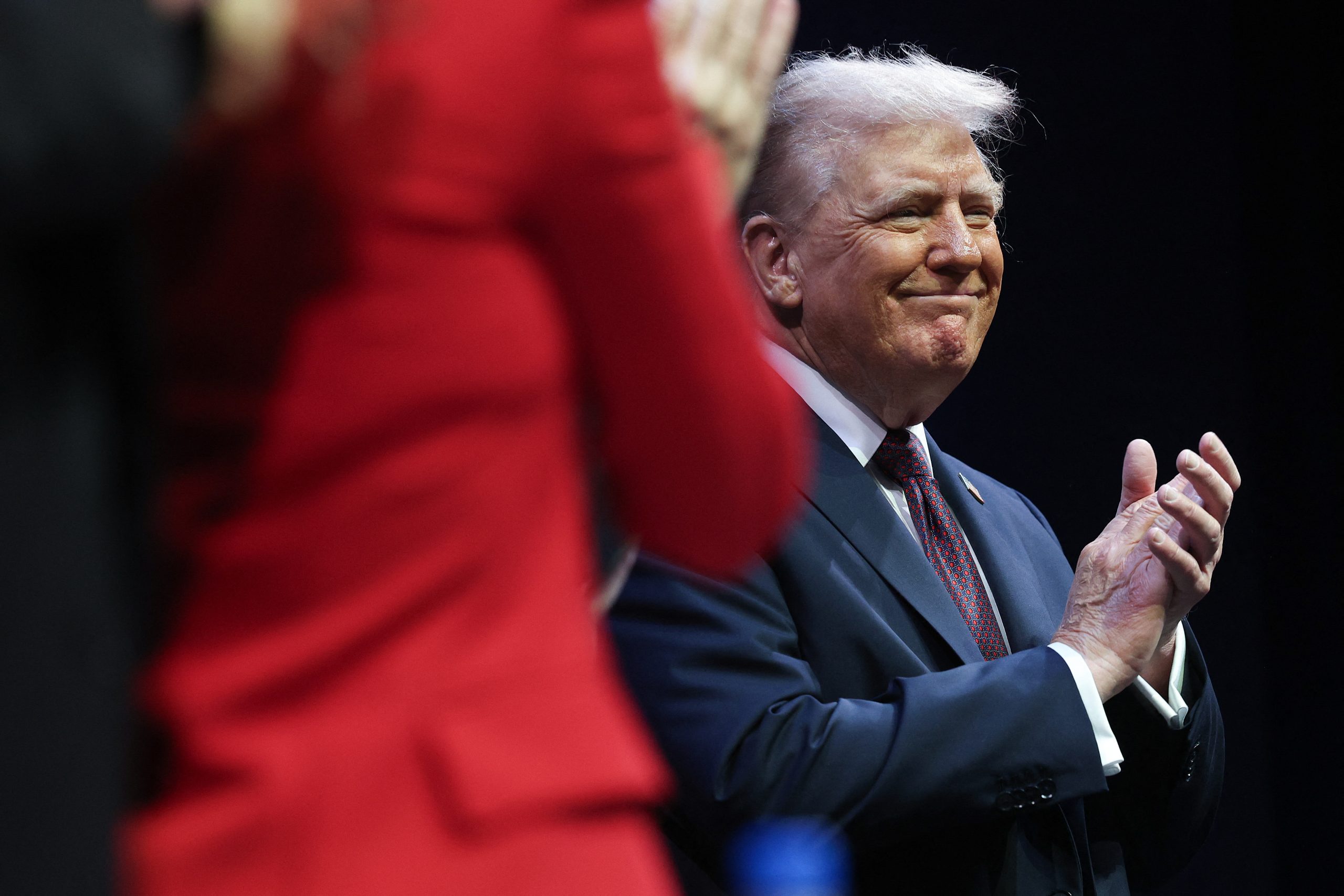Microsoft’s LinkedIn is facing legal action from Premium customers who claim the platform disclosed their private messages to third parties without consent to train generative artificial intelligence models.
According to a proposed class-action lawsuit filed in San Jose, California, federal court on Tuesday, LinkedIn introduced a privacy setting in August 2024, allowing users to enable or disable the sharing of personal data.
However, the plaintiffs allege LinkedIn quietly updated its privacy policy on September 18, 2024, to allow data usage for AI training and included a “Frequently Asked Questions” section stating that opting out would not apply to data already used.
The lawsuit argues this move indicates LinkedIn was “fully aware” it breached customers’ privacy, contradicting its stated commitment to use personal data solely for platform improvement. The plaintiffs accuse the platform of trying to “cover its tracks” to avoid public backlash and legal consequences.
The complaint represents LinkedIn Premium users whose InMail messages were allegedly shared with third
The lawsuit comes on the heels of a significant AI investment announcement. U.S. President Donald Trump revealed a partnership involving Microsoft-based OpenAI, Oracle, and SoftBank to develop AI infrastructure in the United States, with a potential $500 billion in funding.
The case, De La Torre v. LinkedIn Corp, has been filed in the U.S. District Court, Northern District of California, under case number 25-00709.









